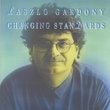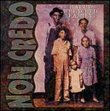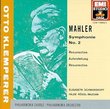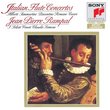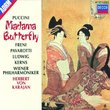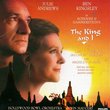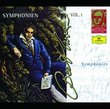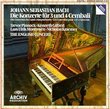| All Artists: Franz Schubert, Paul Ulanowsky, Lotte Lehmann Title: Schubert: Die Winterreise / Lehmann, Ulanowsky Members Wishing: 1 Total Copies: 0 Label: Pearl Release Date: 11/17/1998 Genres: Pop, Classical Styles: Vocal Pop, Opera & Classical Vocal Number of Discs: 1 SwapaCD Credits: 1 UPCs: 727031003328, 072703100332 |
Search - Franz Schubert, Paul Ulanowsky, Lotte Lehmann :: Schubert: Die Winterreise / Lehmann, Ulanowsky
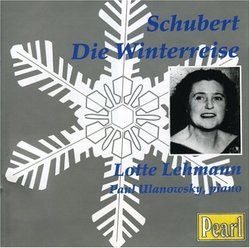 | Franz Schubert, Paul Ulanowsky, Lotte Lehmann Schubert: Die Winterreise / Lehmann, Ulanowsky Genres: Pop, Classical
Though written in keys for high voice, Winterreise, with its male protagonist and bleak, somber music, has traditionally been the province of basses and baritones. However, a few intrepid women singers have challenged that... more » |
Larger Image |
CD Details
Synopsis
Amazon.com
Though written in keys for high voice, Winterreise, with its male protagonist and bleak, somber music, has traditionally been the province of basses and baritones. However, a few intrepid women singers have challenged that prerogative, none more successfully than Lotte Lehmann. A great opera singer, she was among the first to venture into the song repertoire and to achieve a synthesis between dramatic intensity and intimate simplicity. While she wasn't free of technical imperfections, her voice was unique in its warmth, radiance, expressiveness, and variety of color and inflection. Lehmann was ever attentive to the text, but she painted feelings rather than words. At her peak in these recordings from 1941 and 1942, Lehmann employs every available means to create and underline character, atmosphere, mood, and expression: tempo changes, ritards, pauses, and slides (mostly frowned upon today, but projected with such genuinely heart-felt immediacy, spontaneity, and emotional concentration that each song seems newly discovered, both for her and the listener). The sound is remarkably good, but the piano is often too subdued, despite Ulanowsky's splendid partnering. --Edith Eisler
Similar CDs
| Laszlo Gardony Changing Standards Genres: Jazz, Pop Label: Sunny Side | |
| Non Credo Happy Wretched Family Genres: Jazz, Special Interest, Pop Label: Victo | |

 Track Listings (24) - Disc #1
Track Listings (24) - Disc #1